
7 Foods that Are Rich In Probiotics
Probiotic foods are the gut's best friend. Foods packed with these beneficial bacteria provide powerful health benefits. Let's check seven probiotic-rich foods that aren't yogurt.
We need both good and bad bacteria so the gut can be in balance. However, when the gut is out of whack — which means a reduction in microbial diversity— the GI tract is more susceptible to dysbiosis.
An unhealthy gut microbiome can lead to several conditions, such as immune deficiency, endocrine disorders, skin conditions, and so on. For optimum gut health, we should feed our bodies with fermented foods. Here's a list of seven probiotics-rich foods.
Sauerkraut
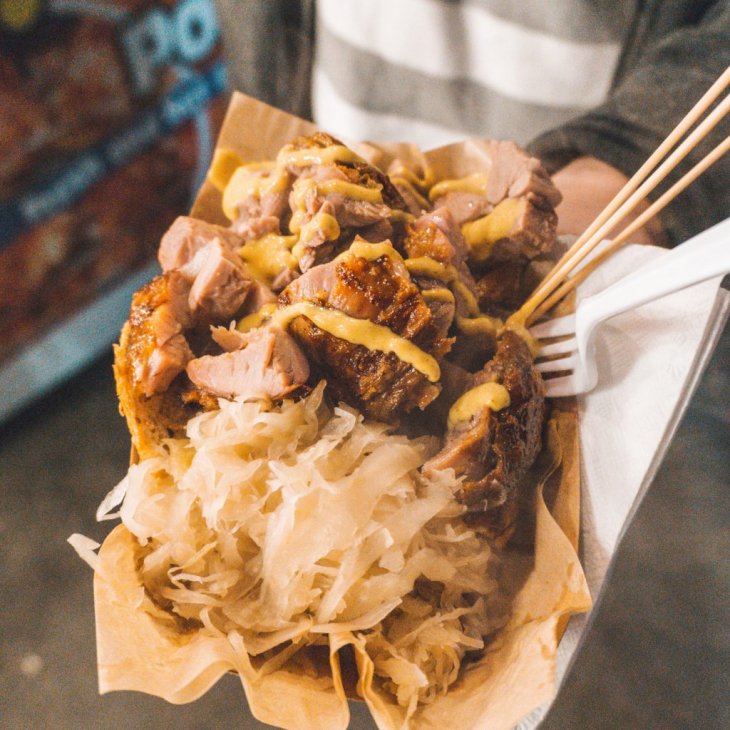
Photo by Jae Park on Unsplash
Immensely popular in German cuisine, sauerkraut is fermented cabbage made by dry curing cabbage with salt. The mixture is left to ferment in a place without contact with daylight. For those who don't have time to prepare at home, you can find canned sauerkraut available in most supermarkets.
Kimchi
We've already shared here our love for Korean food and kimchi. The Asian version of sauerkraut, kimchi is fermented cabbage and seasonings like sugar, salt, onions, garlic, ginger, and chili peppers. Alternative versions of kimchi include other veggies like carrot, celery, spinach, etc.
Kefir
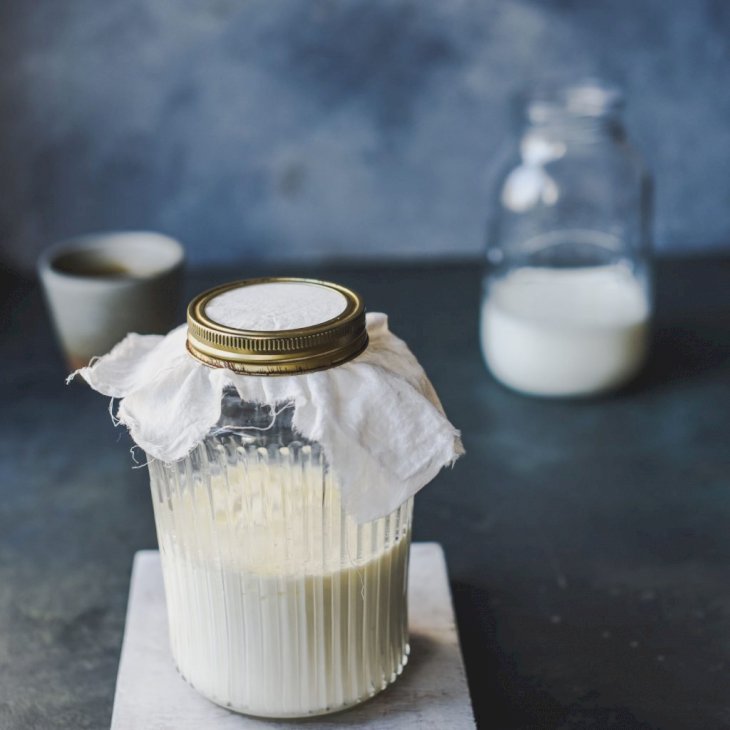
Photo by Anshu A on Unsplash
Kefir is a fermented milk beverage made by cows, goats, or plant-based milk. Because of the fermentation process, you might find kefir tasting like yogurt. Kefir is actually a better source than yogurt — it contains several major strains of friendly bacteria and yeast.
Tempeh
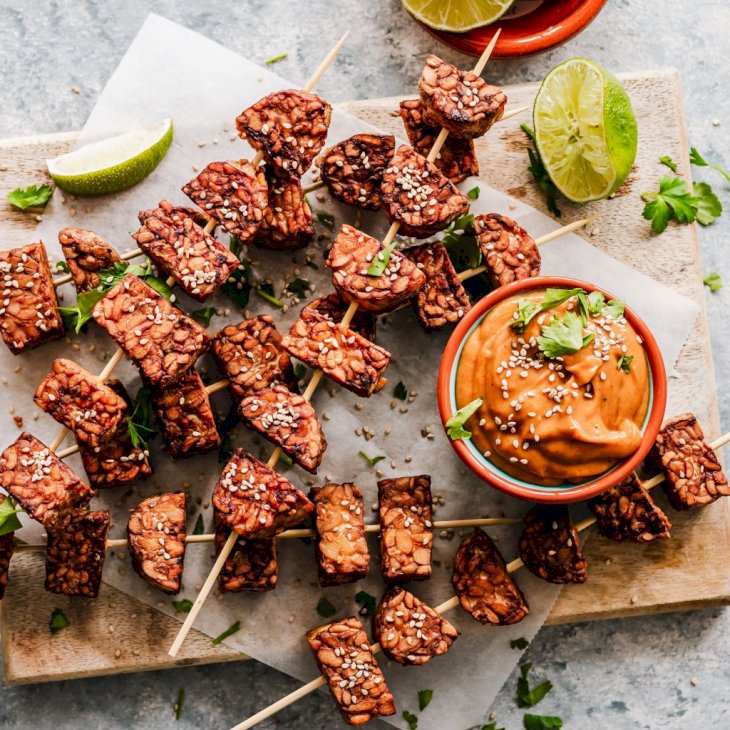
Photo by Ella Olsson on Unsplash
Tempeh is fermented soybeans, largely used in Asian cuisine, more specifically in Indonesian cuisine. Now is widely known as a replacement for meat, mainly in vegetarian and vegan recipes. Tempeh tastes a bit nutty; however, it easily absorbs other flavors when marinated.
Kombucha
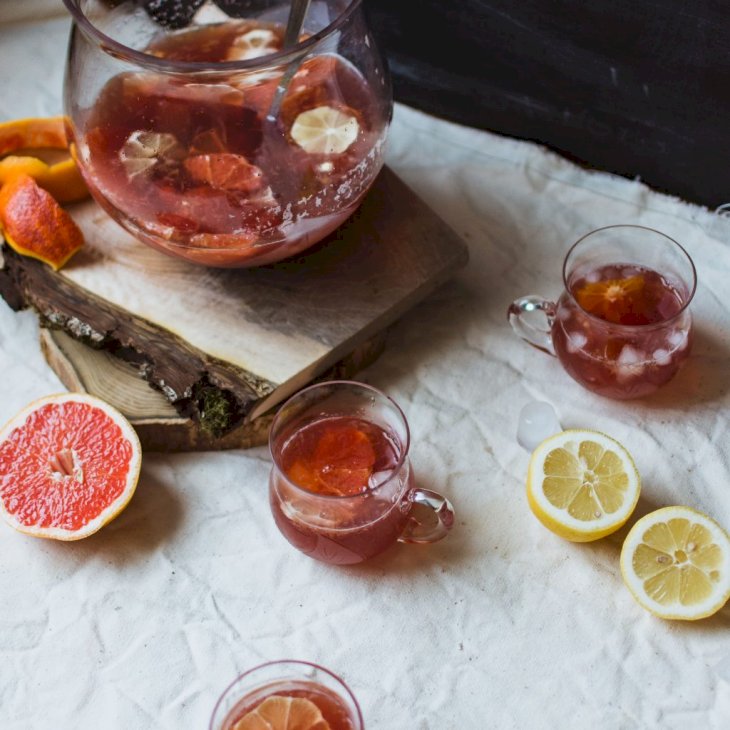
Photo by Klara Avsenik on Unsplash
Kombucha is a fermented beverage made by adding bacteria and yeast to either black or green tea with SCOBY (symbiotic culture of yeast and bacteria) and some sugar.
Kombucha has a unique sour taste, but if you don't like vinegar-like beverages, you can find various herbal and fruit flavors being sold.
Miso
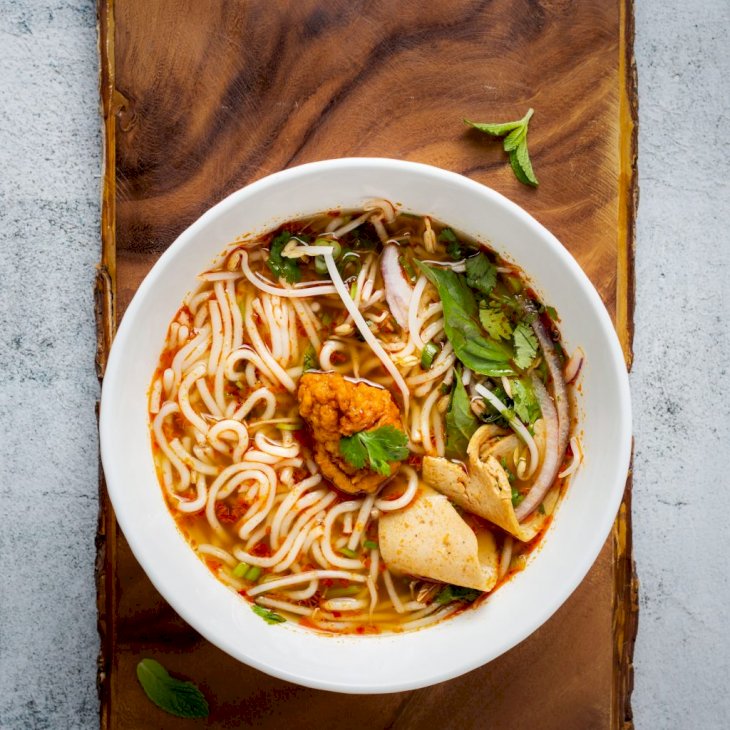
Photo by Mae Mu on Unsplash
Have you heard of miso soup but don't know what actually is? Miso is a fermented seasoning traditionally made by soybeans but can it can make it with rice. Miso is typically used in soups and salads in a variety of Japanese dishes.
Cheese
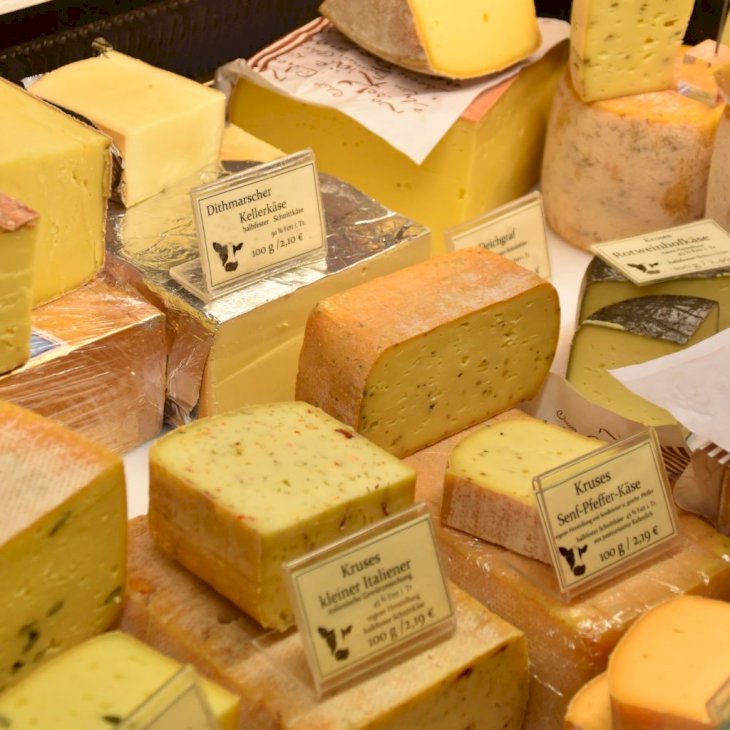
Photo by Waldemar Brandt on Unsplash
Some types of cheese, especially if they're made from unpasteurized milk, are a source of probiotics. However, not all cheese has live cultures — most cheeses on the market are made of pasteurized milk, which kills off the resulting cheese's probiotic benefits.